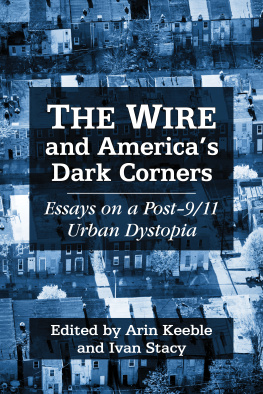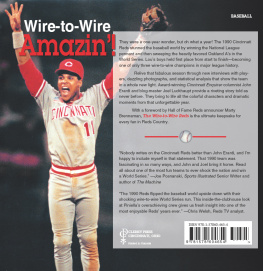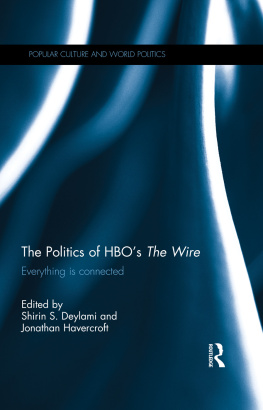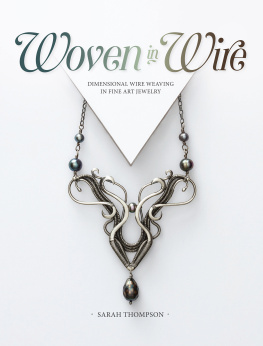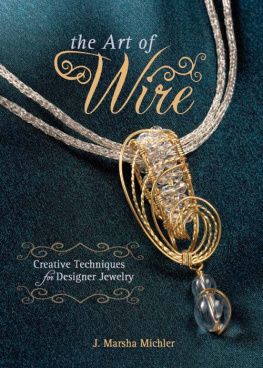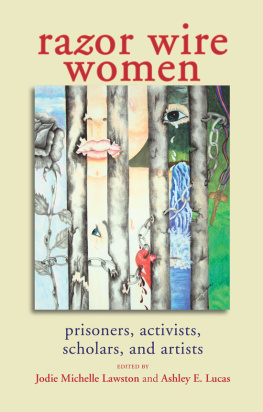
The Wire and Post9/11 America
Critical Essays
Edited by Arin Keeble and Ivan Stacy

McFarland & Company, Inc., Publishers
Jefferson, North Carolina
ALSO OF INTEREST AND BY ARIN KEEBLE
The 9/11 Novel: Trauma, Politics and Identity (McFarland, 2014)
LIBRARY OF CONGRESS CATALOGUING DATA ARE AVAILABLE
BRITISH LIBRARY CATALOGUING DATA ARE AVAILABLE
e-ISBN: 978-1-4766-1960-6
2015 Arin Keeble and Ivan Stacy. All rights reserved
No part of this book may be reproduced or transmitted in any form or by any means, electronic or mechanical, including photocopying or recording, or by any information storage and retrieval system, without permission in writing from the publisher.
On the cover: homes in Baltimore (Thinkstock/Media Bakery)
McFarland & Company, Inc., Publishers
Box 611, Jefferson, North Carolina 28640
www.mcfarlandpub.com
Acknowledgments
We would like to acknowledge our families, friends, and colleagues for their supportparticularly those who have endured interminable discussions of The Wire for many years.
We would like to thank the host of scholars who have supported and inspired us: Dr. James Annesley, Dr. Anne Whitehead, Professor John Batchelor, Professor John Beck, Dr. Laura Leonardo, Professor Robin Humphrey, and Dr. Simon Tate.
We would also like to thank all of the contributors to this book who have been patient, diligent and, in our opinion, brilliant. Finally we would like to thank Newcastle University for its institutional support.
Arin: In particular Id like to thank my dear friend, the poet Toby Martinez de las Rivas, my mentor Dr. James Annesley, Professor Simon James, Dr. Sam Thomas, Professor John Batchelor, Professor John Beck, Dr. Ellen Turner, Dr. Pablo Mukherjee, Dr. Rebecca Gill, Dr. Laura Leonardo, Dr. Jon Begley, Professor Robin Humphrey, Dr. Neelam Srivastava, Heather Pope and Victoria Bryan. I would be remiss not to add a final personal thanks to Ivan for being so patient, insightful and hard-working. Finally, a big thanks to my wife, Holli, with whom I first enjoyed The Wire.
Ivan: Id like to pay particular thanks to Anne Whitehead and John Beck for their superb supervision during my Ph.D. studies: the skills that I acquired during that period were overwhelmingly a result of their guidance and rigor. Thanks also to Robin Humphrey, Simon Tate and Laura Leonardo for their efforts in running the Doctoral Training Programme at Newcastle University, which helped to give me the flexibility to strike out from the safe ground of proper literature to the murkier terrain of television, and the breadth of knowledge to be able to edit a theoretically diverse volume such as this with confidence. As always, Im grateful to my parents for their love, support and enthusiasm for my undertakings. Thanks to Adele Black for lending me Season One in 2008 (I think): it started me on quite a journey! Finally, thanks to Arin for innumerable academic conversations over a pint, and of course for initiating what has been a thoroughly rewarding project.
Preface
This books beginning can be traced back to enthusiastic discussions over coffee and occasionally ale. We completed our doctoral degrees in 2012 (Arin) and 2013 (Ivan), and taught together for many years at Newcastle University. Like many scholars working in the humanities (and beyond), we found discussion of The Wire hard to avoid during that time. Such was the popularity of the program in academiaperpetuated by its rapturous reception in The Guardian and other influential publicationsthat those who hadnt watched it were sometimes thought behind the times. While we recognized the irony in the academization of The Wire, we felt that in many ways it lived up to the hype and warranted the attention.
Our research areas are contemporary literature and culture, in different but intersecting subjects. Arin works on the representation of disaster and terror in the contemporary novel, with a particular focus on 9/11 and Hurricane Katrina, and Ivan works on the representation of trauma and complicity, with a particular focus on the work of Kazuo Ishiguro and W.G. Sebald. Our casual interest in The Wire began to lurch toward the scholarly when, inevitably, we began considering it in light of our own intellectual interests and began drawing connections and sharing ideas. The quite substantial body of published criticism on The Wire includes some excellent work, but we felt that there were areas that had not yet been addressed in depth. For instance, in the area where our own interests in the program metthe wider historical and political background of the programThe Wire has been underserved by scholars to the extent that we felt obliged to begin work on this book. Our aim, then (as we set out in detail below), was to assemble a volume of essays which discusses The Wire in terms of the historical period of its production (20022008), a period which more or less coincided with the Bush presidency.
As we received and reviewed contributions for this volume, one particular threadexplicitly addressed by some of the authors and implied by othersbegan to emerge: the events of global import in which America was involved tended to conceal or divert attention from matters of pressing concern within the U.S. itself. It is these matters, the dark corners of America, that The Wire chronicles in detail; it is The Wires representation of these aspects of American life, and their relationship with U.S. policy at this time, that our volume examines.
Arin Keeble and Ivan Stacy
Introduction
In an uncharacteristic moment of sincerity, Sergeant Jay Landsman (Delaney Williams) refers to Baltimore as a dark corner of the American experiment (3.03). The underlying argument of this volume is that The Wire examines the realities hidden in the dark corners of Baltimore and the United States.
The Wire ran from 2002 to 2008, a period almost exactly contemporaneous with the Bush presidency, years which may be associated in the popular imagination with images of 9/11, the wars in Afghanistan and Iraq, and Hurricane Katrina. However, the effects of this period of American history, as it changed the courses of individual lives, sometimes in small ways and sometimes calamitously, were and are still being played out across the U.S. It is these effects that The Wire depicts. These are, in a sense, the forgotten consequences of the Bush years: while the glare of national and international attention turned elsewhere, Baltimore continued to slide into violence fueled by deprivation and a rampant drug trade barely held in check by an underfunded police force and a preoccupied FBI. The purpose of this collection of essays is therefore to examine the way in which The Wire represents these hidden realities. It does so in the context of the historical moment at which the show was first aired, with particular attention paid to its impact on this period in terms of American identity, the relationship between U.S. foreign policy and domestic policy, and the lives of individuals living and working outside the gaze of national and international media.
The Wire is not always entirely complimentary about academic endeavor. Particularly damning is Howard Bunny Colvins (Robert Wisdom) ill-fated foray into the academic world during Season Four. After a disastrous meeting which condemns his research project (it was trying to explore alternative pedagogical approaches for corner kids) and results in the termination of its funding, despite encouraging initial results, the project leader David Parenti (Dan DeLuca) attempts to console Colvin by reassuring him that it still makes for great research, and that their findings will at least receive attention from other academics. An exasperated Colvin replies: What, they gonna study your study?! (5.13). The implication here, of course, is that like the other institutions or sectors of the neoliberal city that the program examines, academia fails to engage with the hidden America of
Next page
